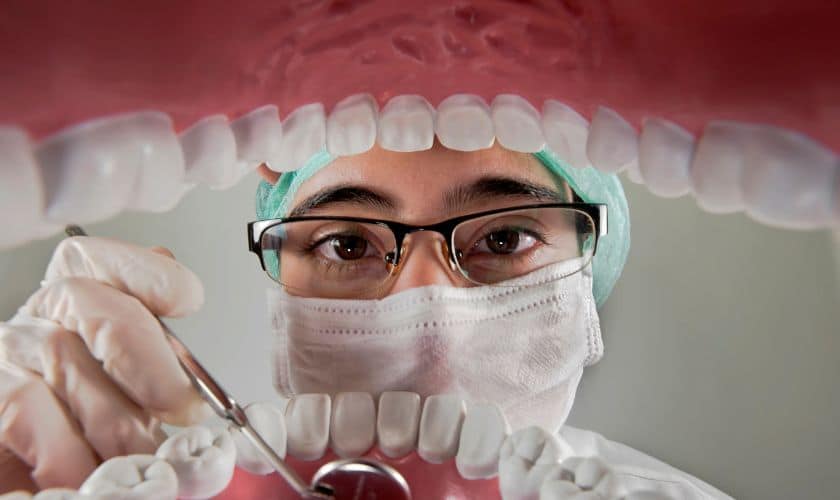Oral surgery encompasses a broad range of procedures performed to address various dental and oral health issues. From tooth extractions to corrective jaw surgery, oral surgery plays a critical role in restoring oral function, alleviating pain, and enhancing overall dental health. Understanding the scope of oral surgery in Coweta OK and the procedures it includes is essential for patients seeking dental care and professionals working in the field.
Tooth Extractions
Tooth extractions are among the most common oral surgery procedures, involving the removal of one or more teeth from the mouth. Extractions may be necessary due to severe decay, advanced periodontal disease, impacted wisdom teeth, or orthodontic treatment planning. Oral surgeons perform extractions using specialized instruments and techniques to ensure safe and efficient removal of the tooth while minimizing discomfort for the patient.
Dental Implant Placement
Dental implant placement is a surgical procedure used to replace missing teeth with artificial tooth roots made of biocompatible materials, such as titanium. Oral surgeons surgically insert dental implants into the jawbone, where they integrate with the surrounding bone tissue and provide a stable foundation for dental restorations, such as crowns, bridges, or dentures. Dental implants offer a long-term solution for tooth replacement and can significantly improve oral function and aesthetics.
Bone Grafting
Bone grafting is a surgical procedure used to augment or regenerate bone tissue in the jawbone to support dental implants or restore facial aesthetics. Oral surgeons may perform bone grafting procedures to address bone loss caused by tooth extraction, periodontal disease, trauma, or congenital defects. During the procedure, bone graft material is placed in the deficient area of the jawbone, where it stimulates new bone growth and enhances bone volume and density.
Corrective Jaw Surgery
Corrective jaw surgery, also known as orthognathic surgery, is performed to correct skeletal abnormalities or misalignments of the jawbones and facial structures. This type of oral surgery may be recommended to address conditions such as overbite, underbite, open bite, or facial asymmetry that cannot be corrected with orthodontic treatment alone. Oral surgeons collaborate with orthodontists to plan and execute corrective jaw surgery procedures, which can improve chewing, speaking, and facial harmony.
Treatment of Oral Pathologies
Oral surgery is often used to diagnose and treat various oral pathologies, including cysts, tumors, and lesions that may develop in the mouth or jaw. Oral surgeons perform biopsies to obtain tissue samples for analysis and may surgically remove or excise abnormal growths or lesions to prevent further complications or spread of disease. Early detection and treatment of oral pathologies through oral surgery are essential for preserving oral health and preventing serious health risks.
Temporomandibular Joint (TMJ) Surgery
TMJ surgery may be recommended to address severe or persistent temporomandibular joint disorders, which can cause chronic pain, limited jaw movement, and other symptoms. Oral surgeons perform TMJ surgery to repair or replace damaged joint structures, alleviate pain, and restore normal jaw function. Surgical interventions for TMJ disorders may include arthroscopy, joint repositioning, or joint replacement procedures, depending on the severity and nature of the condition.
Conclusion
Oral surgery encompasses a wide range of procedures aimed at addressing various dental and oral health issues, from tooth extractions and dental implant placement to corrective jaw surgery and treatment of oral pathologies. These surgical interventions play a crucial role in restoring oral function, alleviating pain, and enhancing overall dental health for patients of all ages.

